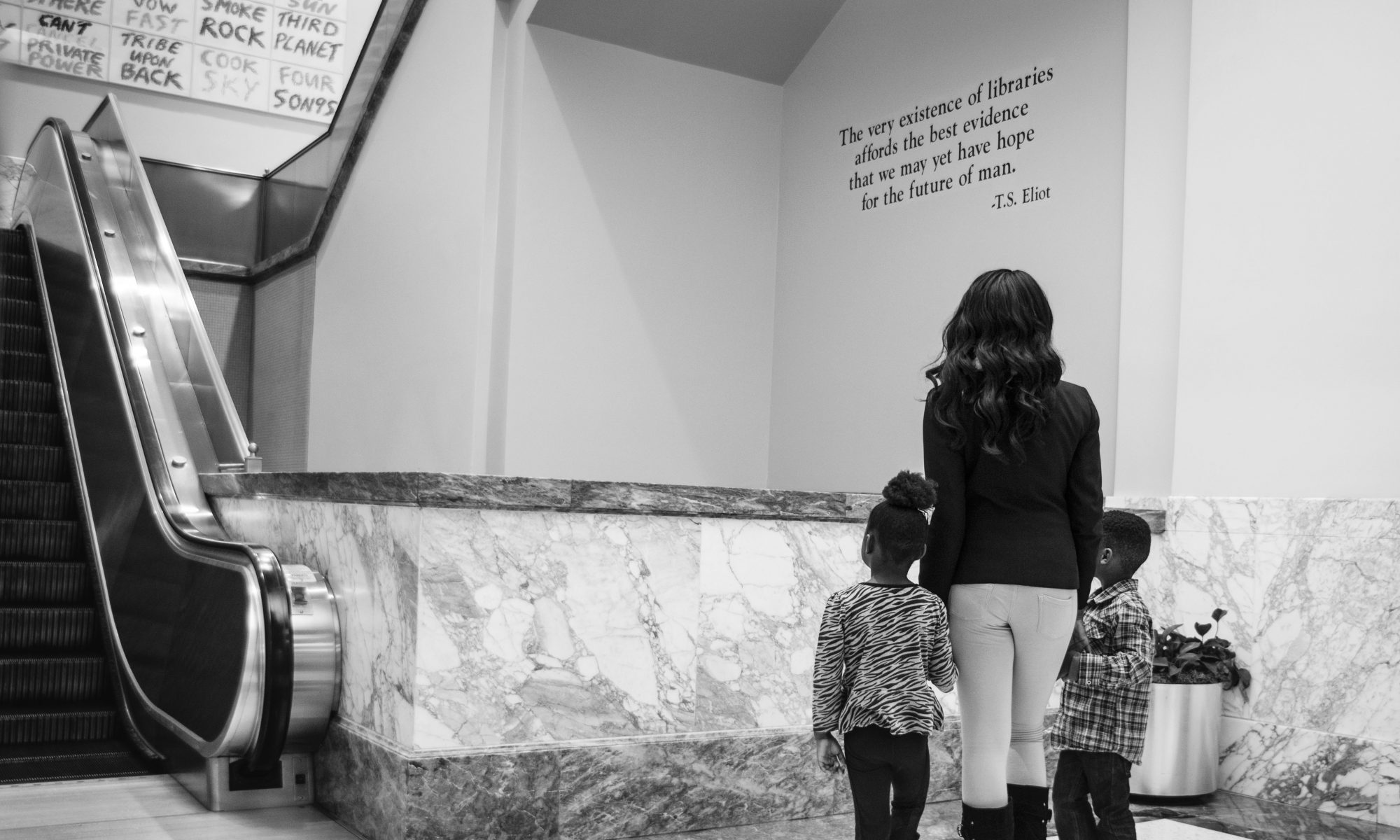Laura Hibbler, Editor
Midwinter Recap
Genealogy Institute: Meeting the Needs of Your Family History Patrons
The Genealogy Preconference at ALA Midwinter had something for everyone, from the librarian who specializes in genealogy reference to those who find themselves answering family history questions in a general reference setting. Attendees learned about free resources for learning more about family history so they can better understand their patrons’ questions. They also discovered online resources for genealogical and local history materials, including those for ethnic populations. Those with collections that they would like to see online were particularly interested in the session on partnerships with commercial and non-profit organizations.
Discussion sections
Genealogy and Local History Discussion Session had a lively discussion about building relationships between different types of libraries engaged in Genealogy reference service.
The History Librarians Discussion Session explored crowdsourcing digital projects, including:
- University of Louisville Archives & Special Collections (Carrie Daniels) began providing online access to all extant copies of a defunct local African-American newspaper, The Louisville Leader
- University of Iowa Libraries (Tom Keegan) began the DIY History Project, transcribing civil war letters and diaries with the help of volunteers.
Presenters’ slides are now available on the History Section website: http://www.ala.org/rusa/sections/history/presentations.
Historical Materials Awards
The Best Historical materials list was announced at the RUSA Book and Media Awards Ceremony at ALA Midwinter. Annually, this committee selects the best historical bibliographies and resources. For a complete list of the winners with descriptions see: http://www.ala.org/news/press-releases/2015/02/annual-list-best-historical-materials-selected-rusa-s-history-section. Winners are: Europeana 1914-1918; Mapping Gothic France; 1914-1918 Online: International Encyclopedia of the First World War; Lowcountry Digital History Initiative; Darwin Online; Freedom Summer Digital Collection; Densho Digital Repository; Roaring Twenties.
Webinars
Webinar in the works: Personal Archiving Program
We are working on a webinar that highlights three programs developed to support individuals’ efforts to archive their personal and family histories. In the fall of 2013, Jordan Welborn, a librarian at Campbell County (VA) Public Library got a six-week pilot program on personal digital archiving set up for less than $300. At the University of Central Florida, graduate student Ashley Vance conducted a History Harvest, a community-based digitizing event of personal artifacts to be placed onto the UCF digital archive. And Noah Lenstra, a PhD candidate at UIUC’s Graduate School of Library & Information Science, has given a series of public workshops on “Digital Local & Family history” across Illinois.
Paid Webinar
We have an upcoming webinar on Tuesday, May 12, 2015: 2-3:30pm: Exploring Partnerships with Faculty and Other User Groups for Digital Humanities Projects. (see http://www.ala.org/rusa/exploring-partnerships) which will provide specific examples of the ways in which librarians from two academic libraries actively participated in digital humanities projects with different user groups. Hear Chella Vaidyanathan from Johns Hopkins, Caitlin Christian-Lamb from Davidson College, and Mary Elings from The Bancroft library on the UC Berkeley campus talk about specific collaborative projects.
Updates from History Section Committees
The History Section Instruction & Research Services Committee (IRS) is revising the RUSA page “Using Primary Sources on the Web” (http://www.ala.org/rusa/sections/history/resources/pubs/usingprimarysources) Originally written in 2003 and last revised in 2008, the Committee’s work will include updated content, a more contemporary look to the page and include new content for students and the public on ethical uses of internet sources. More to come later this spring. The Committee is also beginning to look at ways of improving communication among history librarians beyond the ALA Annual and Midwinter conference experiences. The Committee would like to keep the conversation about ideas, best practices, and clever solutions to promoting and supporting history librarians going; the Committee wants to reach out across the spectrum of libraries and cultural institutions, so watch for news on this communications front as well.
The Genealogy Committee is working on revising two sets of guidelines: Guidelines for a Unit or Course of Instruction in Genealogical Research at Schools of Library and Information Science and Guidelines for Developing a Core Genealogy Collection.
The Genealogical Publishing Company Award Committee has revised its charge and had it approved by the HS executive committee:
Revised January 31, 2015
Established in 1992 and sponsored by Genealogical Publishing Company, this award may be presented to an individual, group, publisher, or institution in recognition of achievements and activities in historical or genealogical reference, service or research. Sponsored by Genealogical Publishing Company; the 2015 award is $1,500 and a citation.
The recipient shall be selected for exceptional accomplishment in one or more of the following areas: leadership; service; training; reference; or publication of recent, significant print or digital reference works/projects that offer access to genealogical or historical sources. Preference shall be given to members of RUSA.
HSGPC committee:
Helen Gbala, Chair
Mary Bogan, Scribe
William J. Forsyth, Member
Sarah Kirby, Member
Between now and annual the Genealogical Publishing Company Award Committee will be working an Award manual following the style suggested by the RUSA awards coordinating committee.
